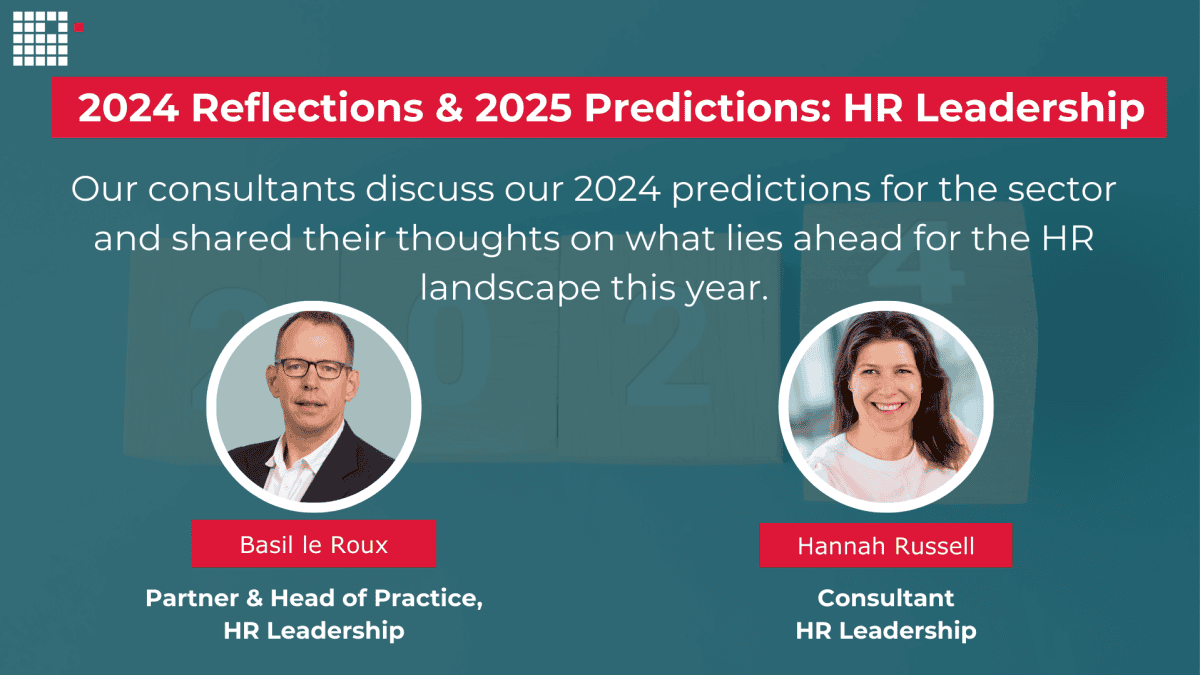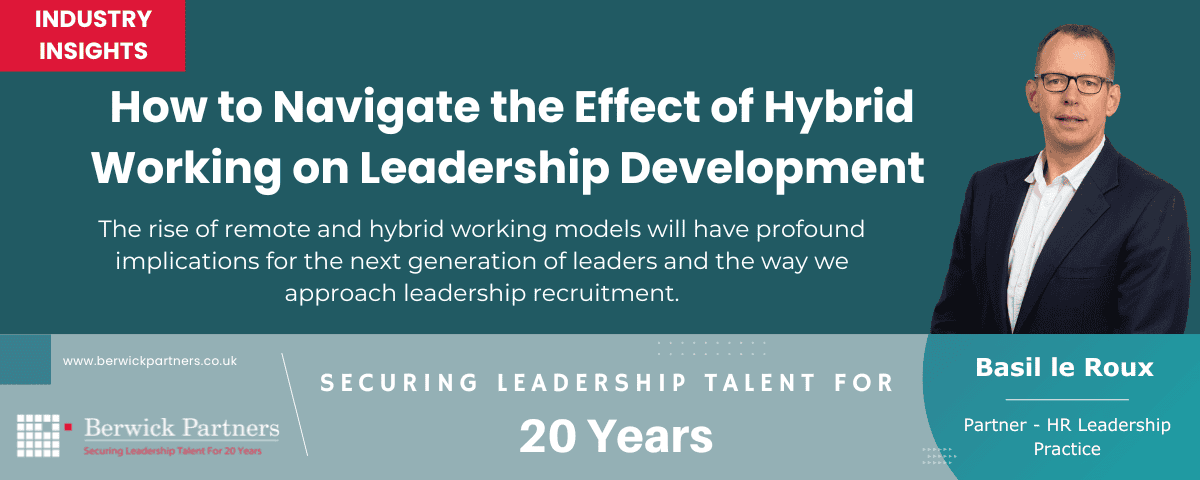Returning to the office and the future of work
Since we entered lockdown on the 23rd March, a number of questions swiftly emerged within the HR Director community. These included what the return to the office would look like and the longer-term implications of COVID-19 on work itself.
With these topics in mind, I was fortunate in sourcing two expert speakers to present a webinar; Despina Katsikakis, Head of Occupier Business Performance at the property consultancy Cushman & Wakefield and Simon Roberts, from the strategic consultancy, Stripe Partners.
Returning to the office, with Despina Katsikakis on 27th May
Despina drew upon the experience that she and her team gained from leading efforts to return approximately one million workers back to their offices in China. Despina started her talk by correcting the misconception that employees were returning to work. In reality, many had been working throughout the pandemic and they were returning to the office environment rather than to work per se.
She then spoke about how companies needed a return to office plan, the key elements of which included:
- preparing the building
- preparing the workforce (which included developing a communication plan to support this)
- controlling access to the building
- reducing touch points
- identifying the role that technology will play
- developing a social distancing plan (Cushman & Wakefield’s involves their ‘6 feet office concept’).
This was followed by a discussion about the impact working from home was having on employees. The firm adapted a proprietary tool that was initially used to assess employee engagement within offices, in order to survey over 40,000 people who were working from home. From this it was identified that employees felt more trusted than pre-lockdown, collaboration had improved, and productivity had not suffered.
However, there were some down-sides which included employees feeling they were losing out on personal connections and a sense of disconnect from the organisational culture. Interestingly the downsides of working from home were felt most by younger employees, due to a combination of factors including inadequate working space, poor connectivity and distractions from housemates. To address these and the other challenges identified it was imperative that HR teams and line managers focused on their employees’ wellbeing.
The future of work, with Simon Roberts, PhD on 03rd June
Simon is widely regarded as a pioneer in the field of business anthropology and whose work has been covered by Bloomberg, The Financial Times, Wall Street Journal and BBC Radio 4. He began his career with Intel, where he ran an innovation lab, and then went on to found Stripe Partners, an innovation and strategy consultancy, which has worked with many leading brands including P&G, Google, Facebook and Nike.
Simon’s talk initially focussed on how the spatial and social organisation of work has evolved since the first office was established in the 1700’s. He highlighted the critical role the office had played in innovation largely due to having lots of people in once place who share ideas and thoughts. He also pointed out that the demise of the office had been predicted for decades but that in reality, remote working had been for the minority.
He then discussed both the positives of working from home and the challenges as identified by Despina Katsikakas in her talk the previous week. This was followed by a discussion as to whether this meant the end of the office. In Simon’s view the answer to that is ’no’ because some elements of work need to be done face-to-face, such as innovation. Also, for employees starting out their careers, the development of networks is critical and is hard to achieve remotely.
He also emphasised the importance of serendipitous moments in the office, including chance meetings and ’water cooler’ chats, which have been removed by everyone working remotely. Yet simultaneously, an office-less company could achieve many changes including a greater focus on productivity (rather than presenteeism), the emergence of hubs and ‘virtual working’ models and less office-first thinking.
The audience as that these changes could have a significant impact on HR teams as they would lead to a talent-first, location-second philosophy in hiring and inevitably require a different leadership skillset.
Reflecting on both talks the quote (from Simon) that best sums up the last couple of months is from Lenin, who said “there are decades where nothing happens and there are weeks where decades happen”.
For more information on any of our HR forums, please contact Basil leRoux, Head of Berwick Partners’ HR Leadership practice at basil.leroux@berwickpartners.co.uk.






